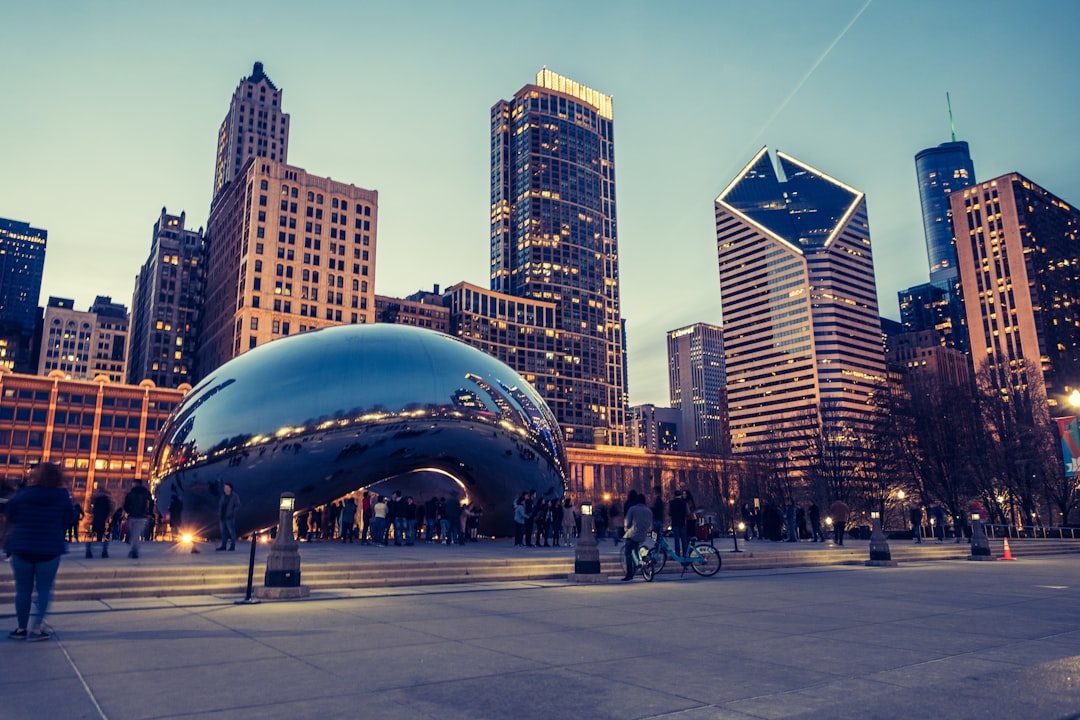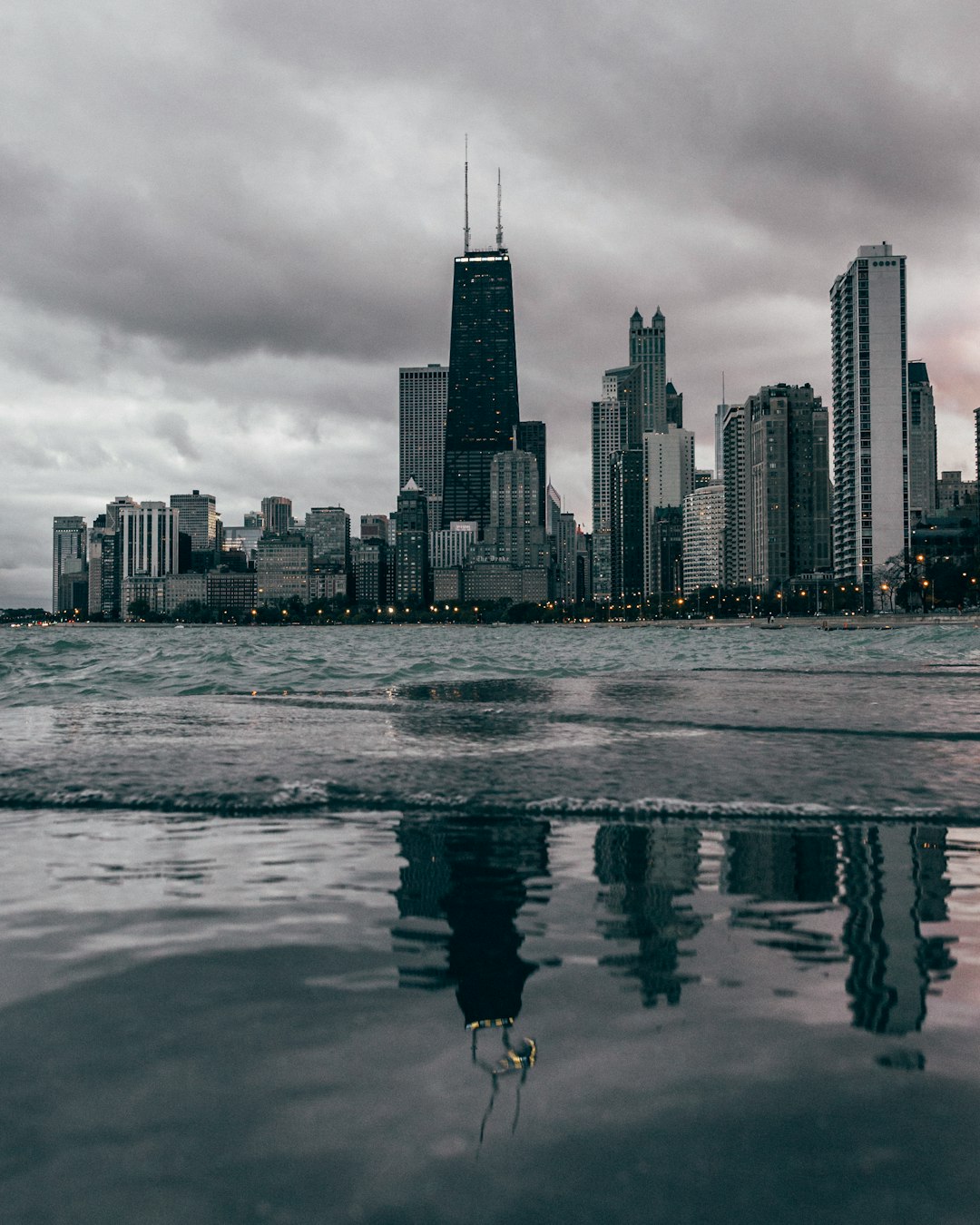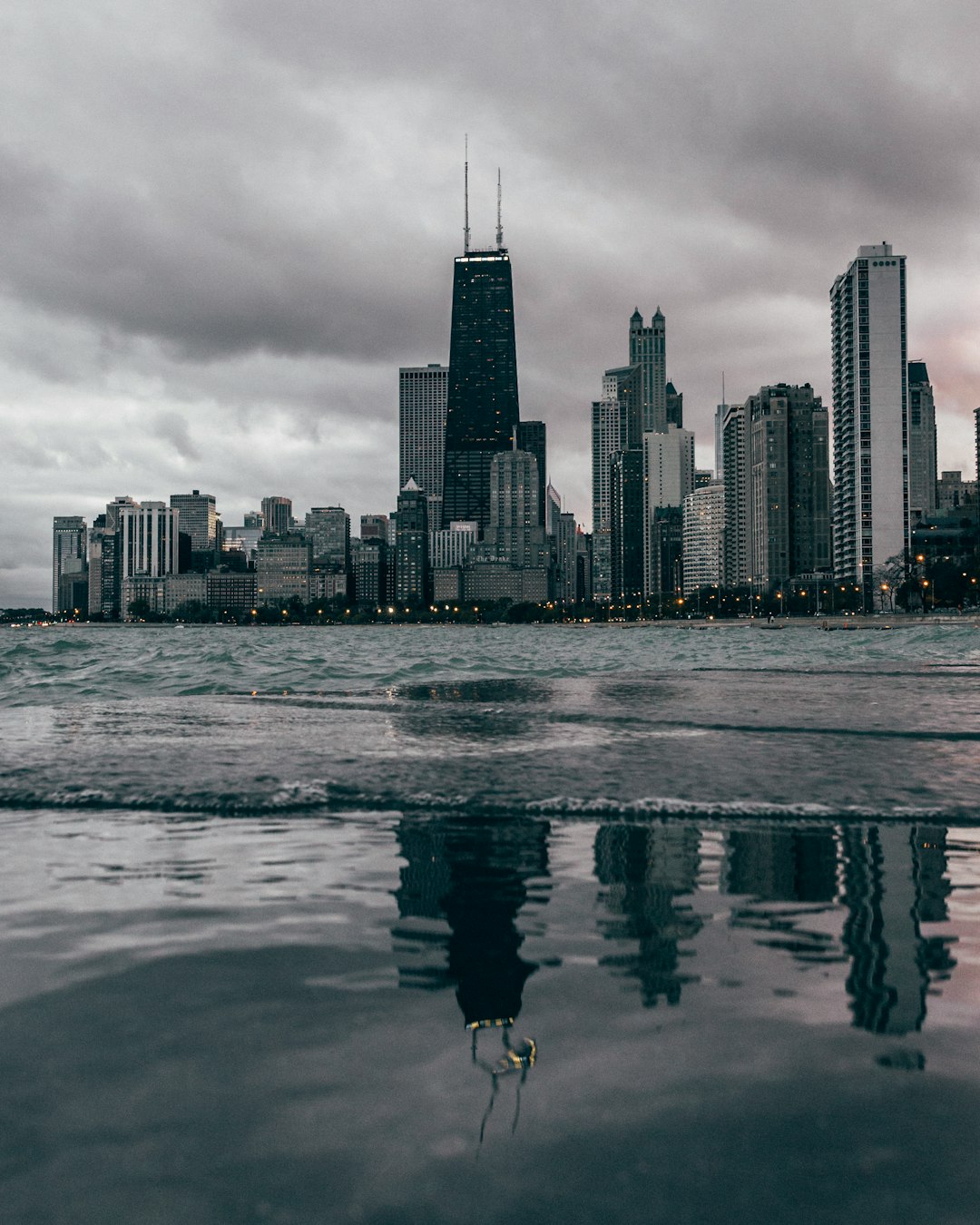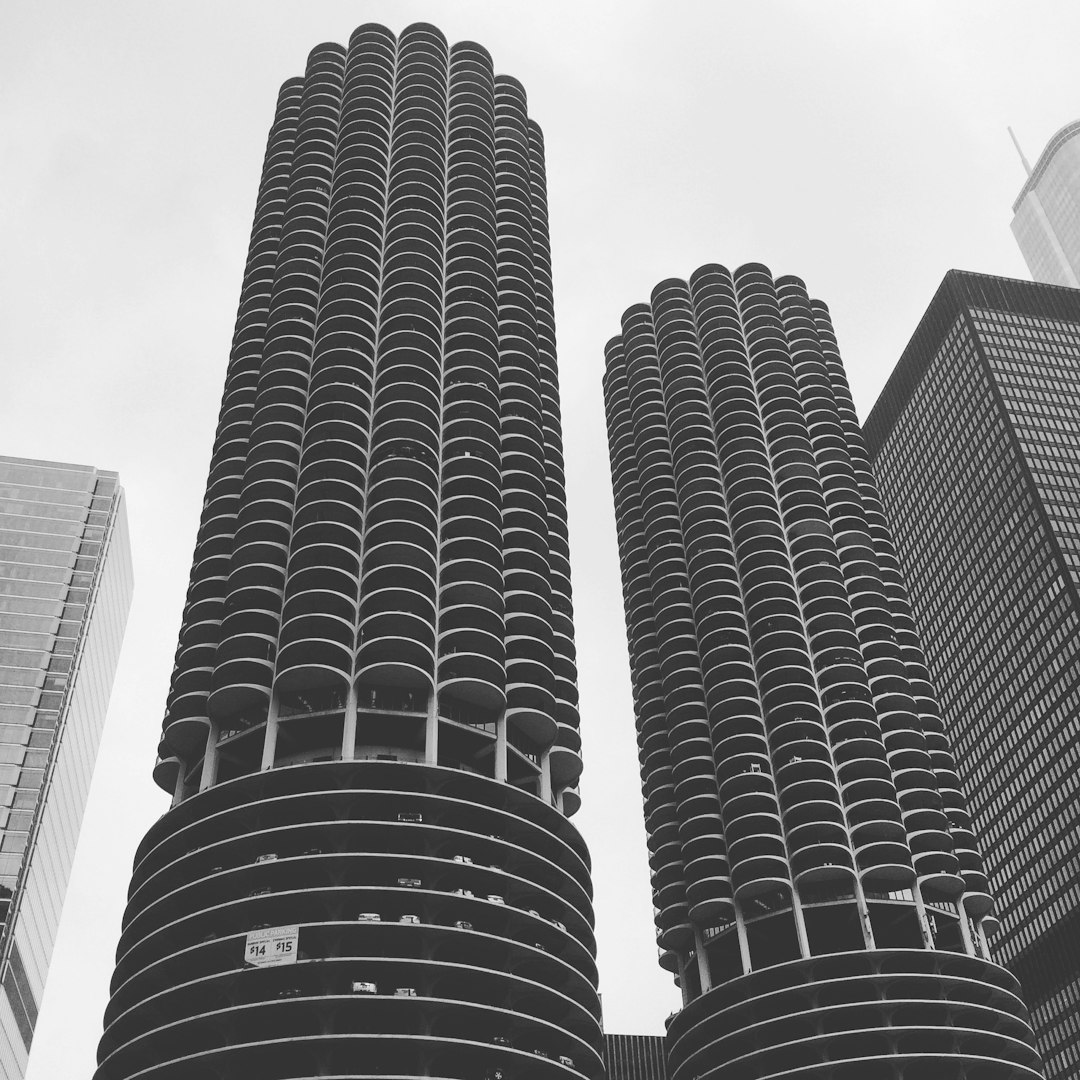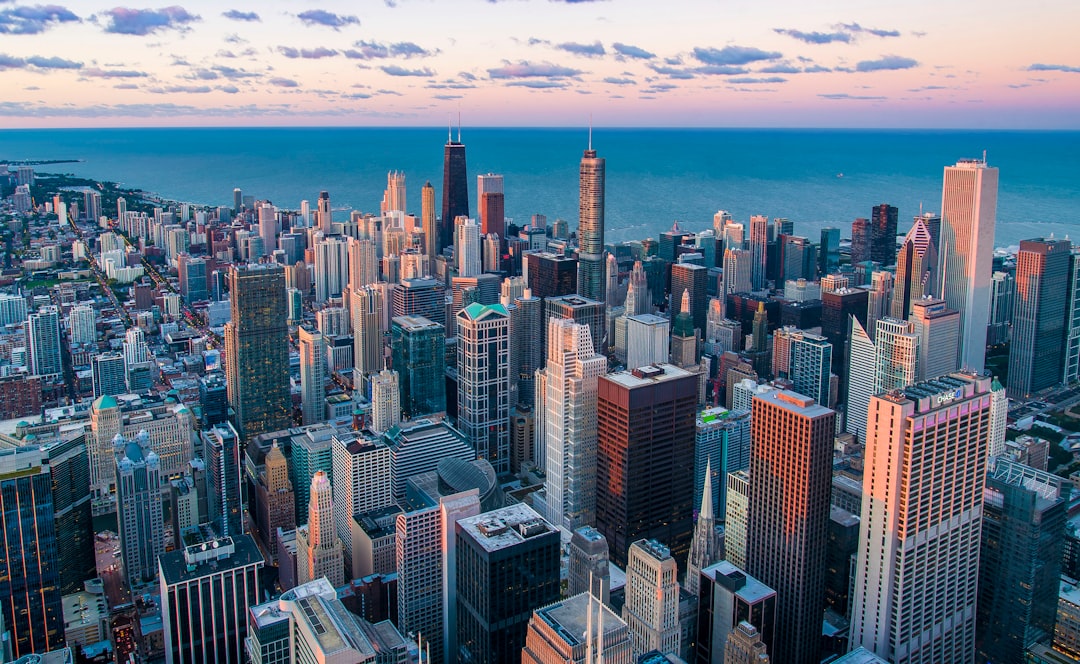In Illinois, "no call" laws protect Oak Brook residents from unwanted telemarketing. Businesses must comply to avoid fines and damage to reputation. Key steps include getting explicit customer consent, documenting Do Not Call requests, and proactive list management with expert guidance from a No Call Lawyer Chicago to navigate legal complexities and mitigate risks.
Oak Brook businesses must navigate complex regulations regarding customer privacy and telemarketing practices. Understanding and adhering to ‘No Call’ laws is essential to avoid legal pitfalls, especially with a No Call Lawyer Chicago’s keen eye for compliance. This comprehensive guide explores Illinois’ No Call Laws, emphasizing the significance of obtaining valid consent, documenting do-not-call requests, and implementing best practices to ensure long-term business sustainability and protect against potential legal consequences.
Understanding No Call Laws in Illinois
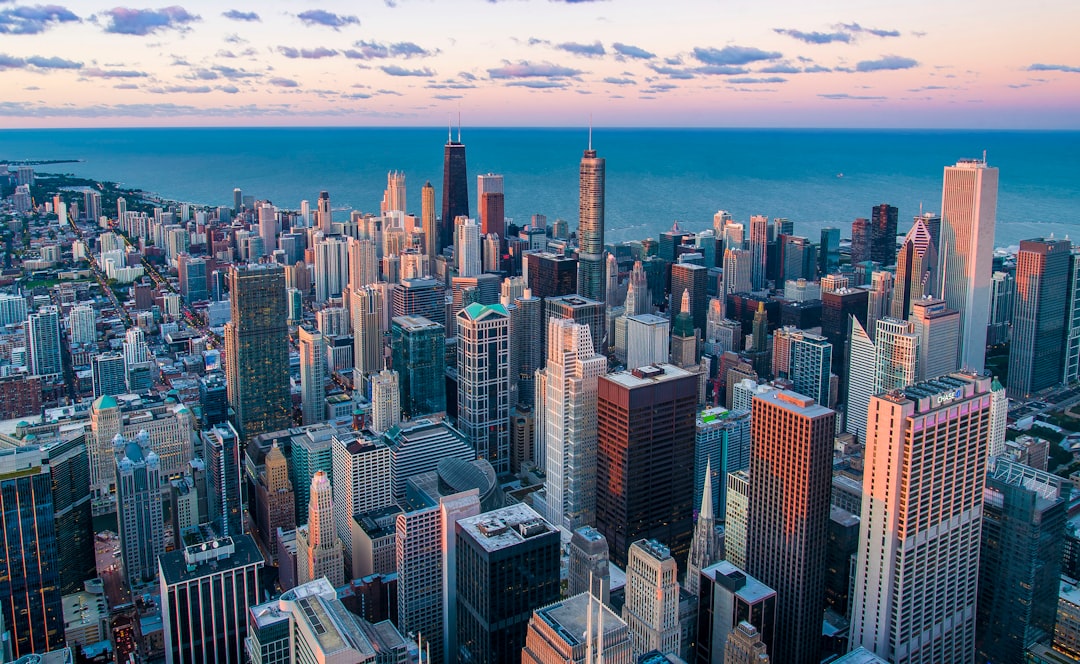
In Illinois, “no call” laws are designed to protect residents from unwanted telemarketing calls and sales pitches. These laws, strictly enforced by the Attorney General’s office, limit when businesses can contact consumers by phone for marketing purposes. Businesses in Oak Brook must be particularly mindful of these regulations, especially given Chicago’s proximity and the availability of legal help from a No Call Lawyer Chicago. Any violation can result in substantial fines, damaging a company’s reputation and financial health.
To comply, businesses should establish clear policies regarding consumer consent, opt-out mechanisms, and recordkeeping. It’s crucial to obtain explicit permission before making any sales calls and honor requests to stop contacting a number. A No Call Lawyer Chicago can guide companies in navigating these complex regulations, ensuring they stay within legal boundaries, and avoiding costly mistakes.
Identifying Valid Customer Consent

Ensuring valid customer consent is a critical step for Oak Brook businesses aiming to comply with no-call laws. It’s essential to understand that simply having a phone number on file doesn’t automatically grant permission for outbound sales calls. Businesses must obtain explicit, documented consent from customers who have opted in to receive marketing or telemarketing calls. This can be done through various channels like sign-up sheets, opt-in forms on websites, text message consent (with verification), or email subscriptions.
A common pitfall is misinterpreting silent numbers, hang-ups, or voicemails as implicit consent. A No Call Lawyer Chicago can help clarify these gray areas and ensure your business practices align with the law. They can guide you in implementing systems to track and verify customer preferences, thereby reducing the risk of accidental or unauthorized calls.
Documenting Do Not Call Requests
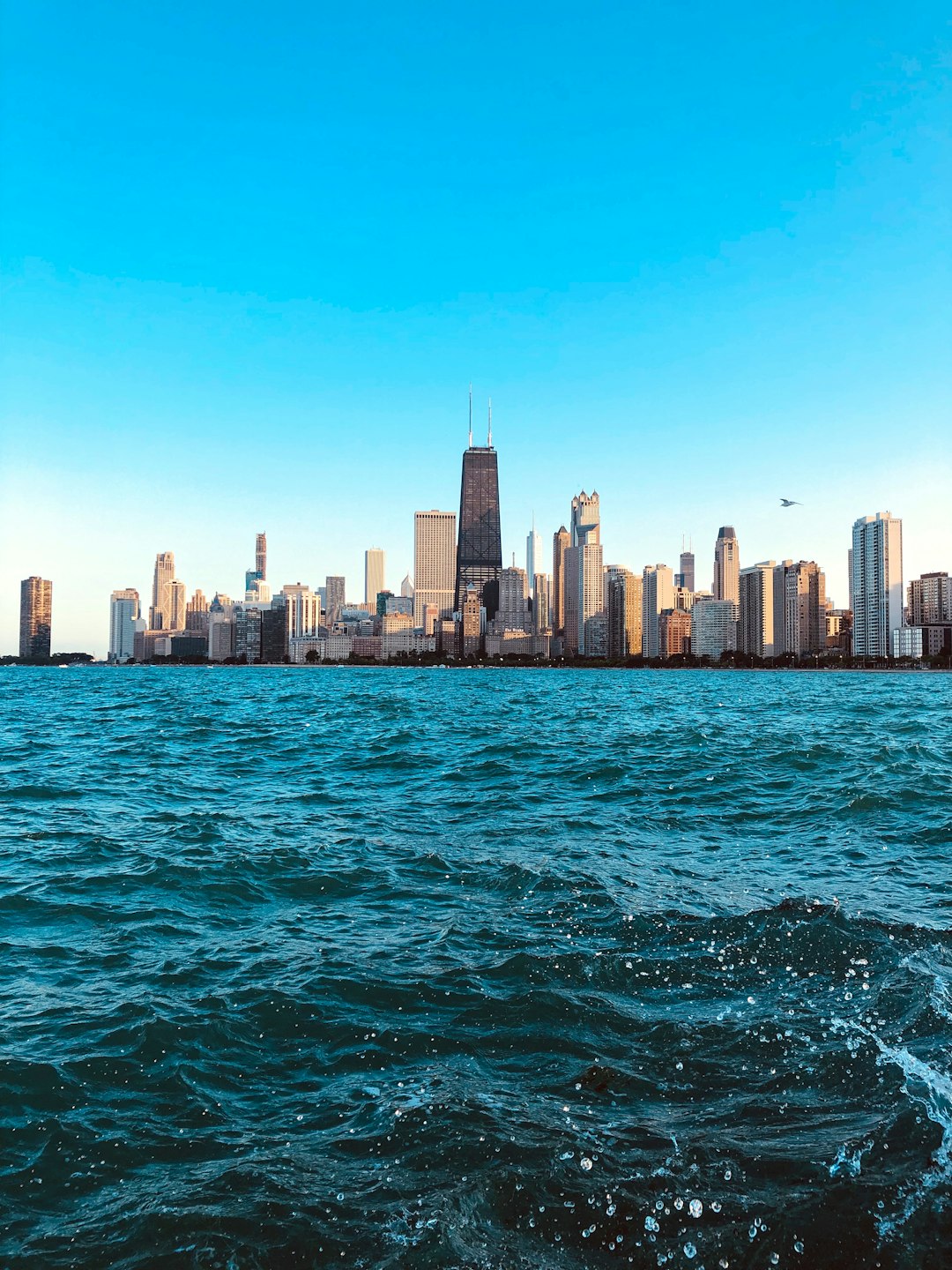
In the ever-evolving legal landscape, businesses in Oak Brook must remain vigilant about respecting consumer privacy and preferences. One crucial aspect of this is documenting Do Not Call requests meticulously. When a customer or potential client expresses their desire to be left off your calling list, it’s not just a simple courtesy; it’s a legal requirement.
By keeping detailed records of such requests, Oak Brook businesses can avoid the pitfalls of unintended phone marketing. A No Call Lawyer Chicago can assist in establishing robust systems for tracking and verifying these opt-outs, ensuring compliance with relevant laws. This documentation is vital to safeguard against potential legal issues and maintain a positive relationship with your customer base.
Compliance Best Practices for Businesses
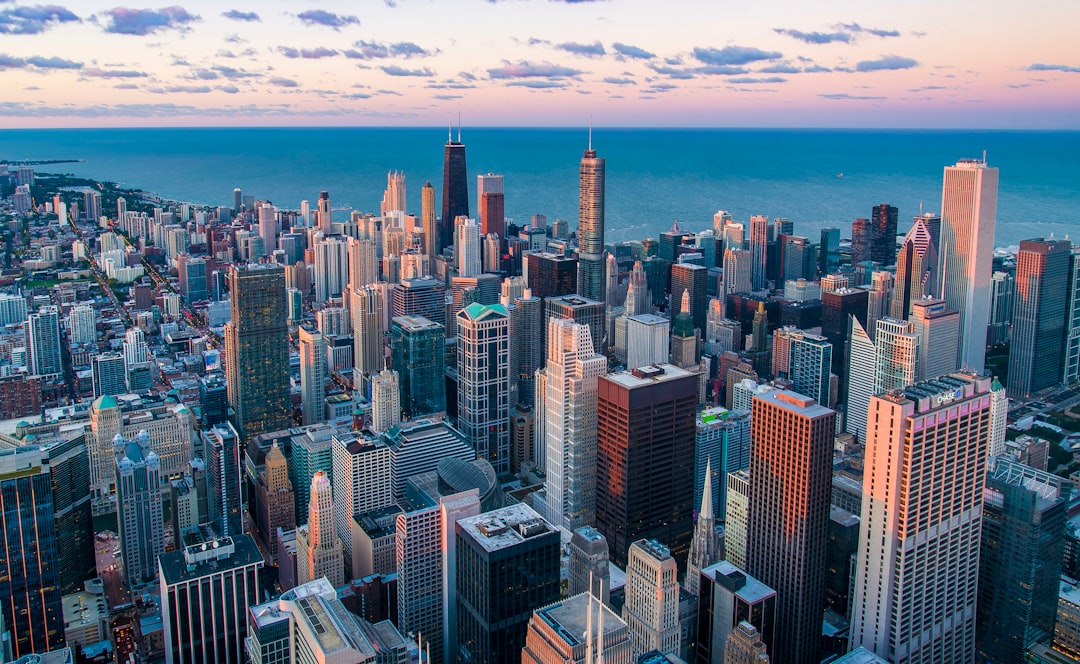
Oak Brook businesses must stay vigilant and proactive to ensure they’re in compliance with no-call laws, which can vary by state and industry. One effective strategy is to implement a robust do-not-call list management system, regularly reviewing and updating their database to include any new opt-out registrations. Training employees on the importance of these regulations and proper call handling procedures is also crucial.
Hiring a no-call lawyer Chicago experts can provide valuable guidance tailored to local laws and help businesses establish clear policies. This includes ensuring all calls comply with appropriate timing, content, and purpose, avoiding automated or prerecorded messages without explicit consent, and obtaining verbal confirmation before contacting numbers on marketing lists. Regular audits of calling practices can also help identify and rectify any non-compliance issues promptly.
Legal Consequences of Violations: A No Call Lawyer Chicago Perspective
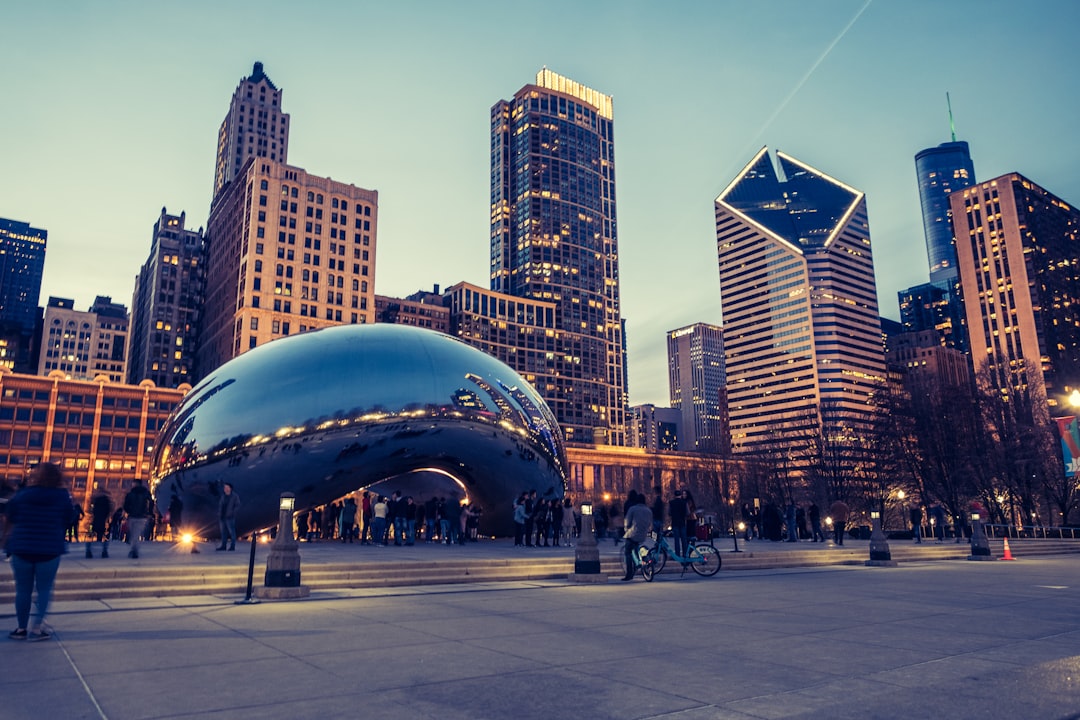
The legal consequences of violating no-call laws can be severe, as seen through the lens of a No Call Lawyer Chicago. Businesses that ignore these regulations risk facing substantial fines and penalties, which can significantly impact their operations and reputation. Not only do such violations lead to financial losses, but they also create a negative perception among consumers who increasingly value privacy and consent.
A No Call Lawyer Chicago emphasizes that repeated or willful disregard for no-call rules may result in class-action lawsuits, where affected individuals band together to sue the offending entity. This not only exposes businesses to higher legal costs but also increases the likelihood of permanent injunctions, forcing them to restructure their marketing strategies to comply with privacy laws going forward.
